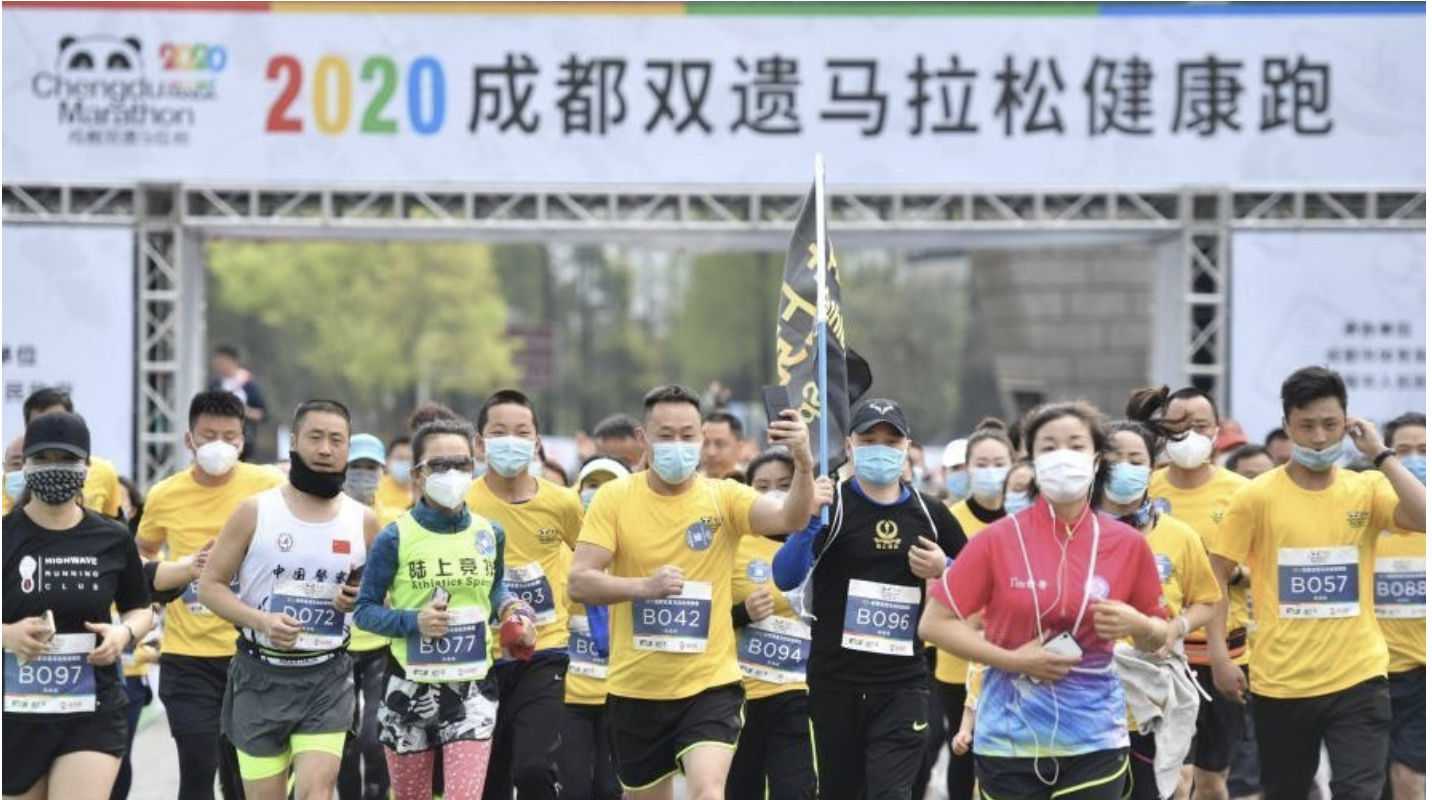Looking Beyond the Pandemic
Precautionary Measures for Events on the Other Side

Sports events in every corner of the globe have been brought to a halt to contain the spread of coronavirus, which is already having a significant financial impact on organising bodies, leagues and teams around the world as they miss out on ticket revenue and other sources of income.
But should we believe that event organisers should count on fans coming straight back through the door after the pandemic? Several sporting event communities instead, think fans might be tentative at first and could need convincing to return to live events.
Looking closely at the event, sponsorship and experiential marketing industries, it’s apparent that it can’t be “Business as Usual”, and marketing will involve a certain amount of ‘welcoming people back’. Although as an organiser it is tempting to think that once it’s clear to open your doors from a safety standpoint, that people will just be coming back the way they were before, preparation for more of a welcoming process is key to managing expectations.
For larger events in particular, it is often the case that larger organisers have the upper hand with ticket pricing, and participants have always put up with it knowing that they’re going to pay a premium to get into events which are considered a ‘big name on campus’.
But from a participant's point of view, the decision will now require a sense of ‘‘let me decide how badly I really want to go to this’, and begin wading back into the events scene rather than diving straight back in.
Bill Doyle, who serves as vice president of Performance Research for Sports Media, notes that while most sports will currently be “caring for the immediate needs of what to do”, such as rescheduling, discussions will soon shift to how organisers can make fans “feel safe and secure” enough to come back to live events. Doyle says that could mean responding to changing behaviours in the wake of the pandemic as people become more conscious about things such as their personal hygiene.
An example of a ‘mini marathon’ that took place amidst controversy was held in SW China, in Chengdu, Sichuan Province, March 22, 2020. An event which takes place most years that usually sees 20,000 participants had a ‘mini’ version of itself, with 1000 local runners that took part wearing masks. Participants and staff had their temperatures checked and needed to produce health certificates to take part in the race. To maintain distance between competitors, runners were divided into 10 groups that ran every two minutes and extra cleanliness measures were seen taken on the course.
In this event, competition was not the goal, but rather a boost for society amidst the slowly changing attitude post Coronavirus. So although the impact on the events industry following the coronavirus is a long and slow one, the picture for participants on the other side is a greener one once they have been convnced the environment is safe and they can see it's a positive one.